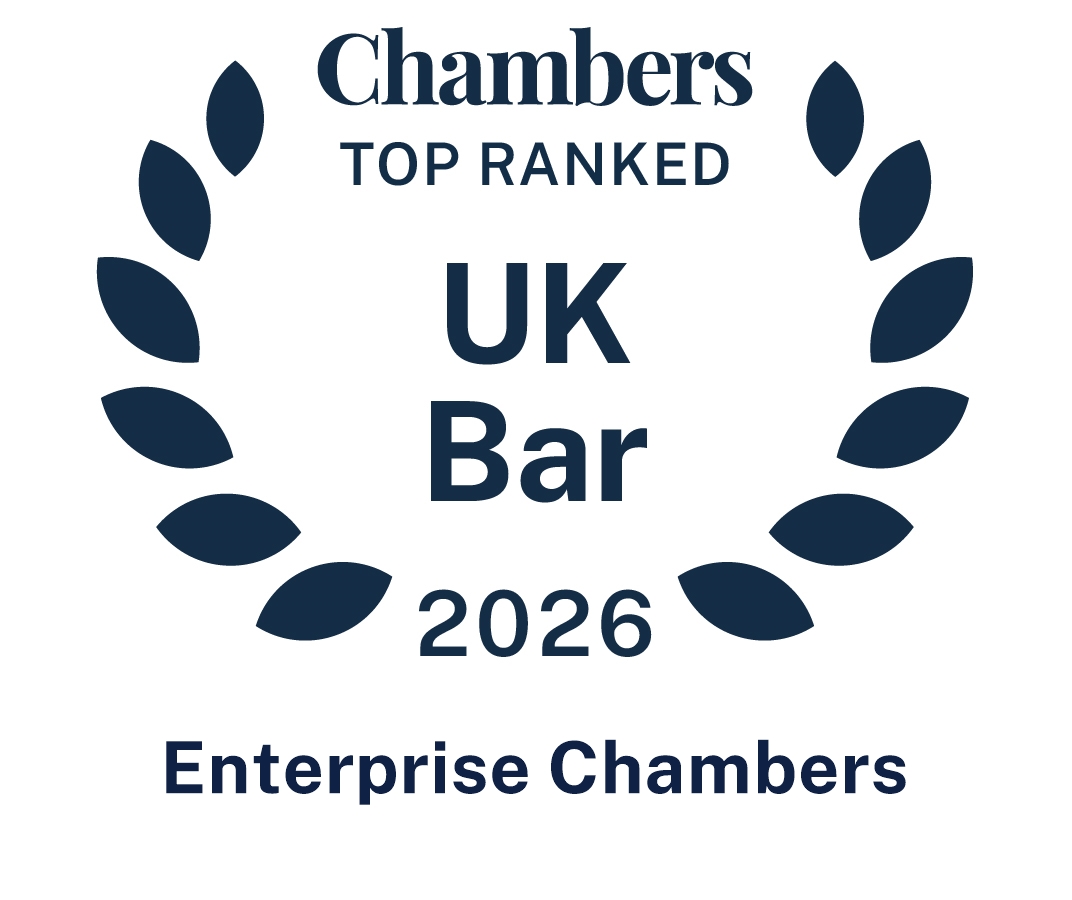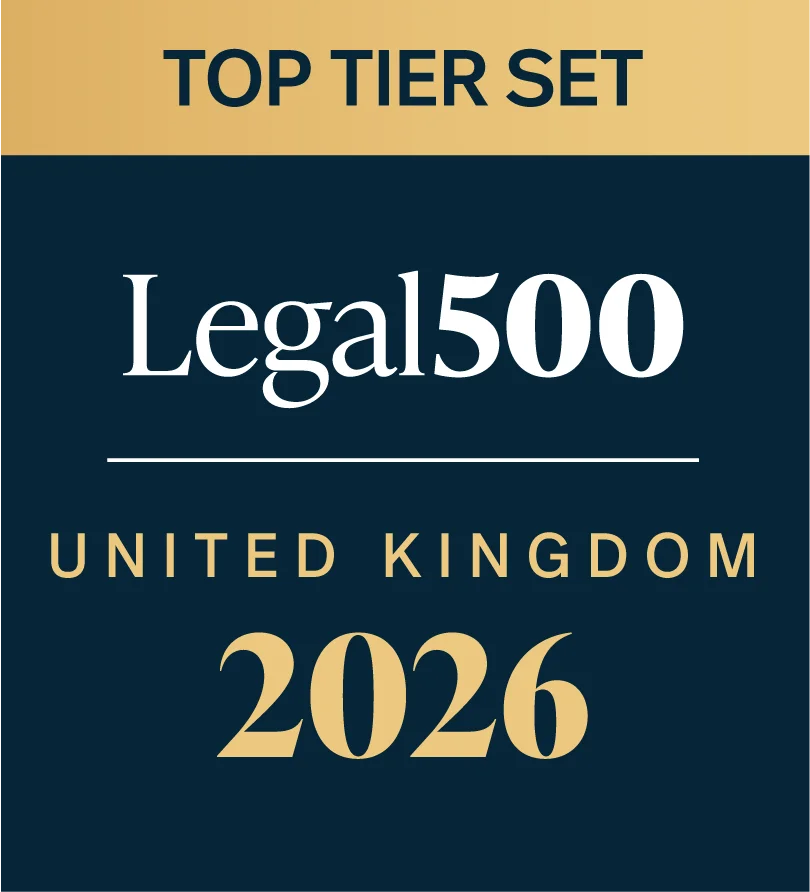Stevens v Hotel Portfolio II UK Ltd [2025]
On 23 July 2025, the Supreme Court delivered judgment in Stevens v Hotel Portfolio II UK Ltd [2025] UKSC 28. They allowed HPII’s appeal by a majority of 4:1.
In July 2022, after a 3-week trial, Foxton J made an order which required a dishonest assistant, Mr Stevens, to pay HPII equitable compensation in the sum of £102.26m. In October 2023, the Court of Appeal allowed Mr Stevens’ appeal. It replaced Foxton J’s order with one that Mr Stevens should account for profits he personally made, in the sum of just £1.5m.
On appeal to the Supreme Court in February 2025, James and Sam argued that the Court of Appeal failed to afford proper consideration to the fact that HPII had obtained property rights over the £102.26m sum of unauthorised profits, or indeed to the nature of the fiduciary’s duties in respect of a constructive trust which had been breached by total dissipation. They argued that those matters were essential to the question of whether HPII suffered compensable loss. Even though it had been accepted that HPII would not have made the £102.26m itself, the fact that Mr Stevens dishonestly assisted the fiduciary to dissipate the entire £102.26m held on constructive trust for HPII, meant that HPII suffered a loss of its property. That should have resulted in Mr Stevens being required to pay HPII compensation. Lords Reed, Briggs, Hamblen and Richards accepted their arguments, with Lord Briggs giving the leading speech. Lord Burrows dissented. Mr Stevens is now again required to pay £102.26m in compensation to HPII .
This judgment develops and amplifies the recent UKSC judgment in Rukhadze v Recovery Partners. It provides an important analysis of: (i) the nature of a constructive trust and of constructive trustees’ duties; (ii) the proper approach to the assessment of loss in equitable compensation cases, in view of Target v Redferns and AIB v Mark Redler, and how such applies in “multiple breach” cases; and (iii) for the first time, the legal basis for the “no set off principle” (which arises where a trustee’s breaches result in both gains and losses to the trust) and its exceptions.
James Pickering KC and Samuel Hodge were instructed by James Russell and Callum Knight of Spring Law.


